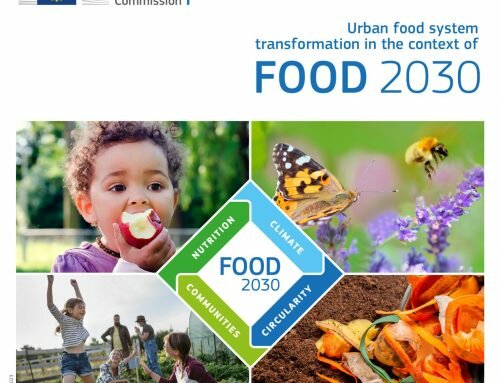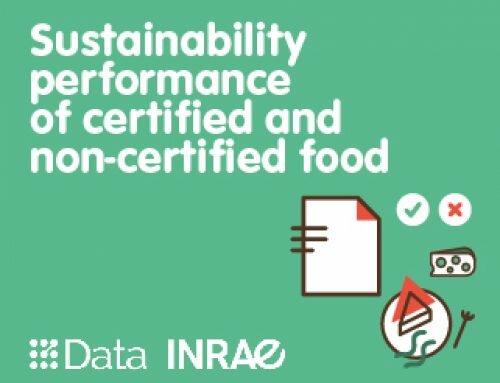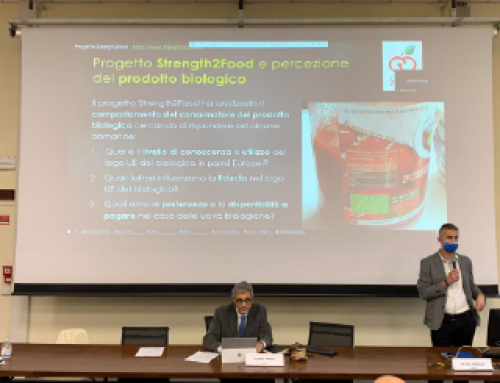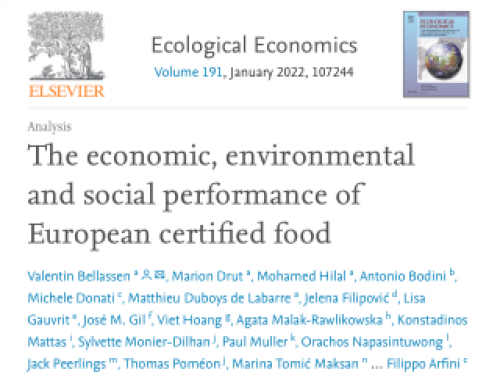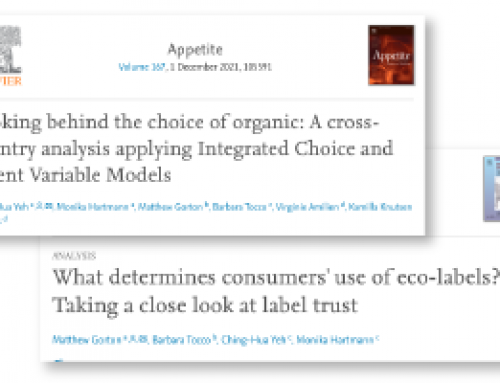The purpose of this paper is to discuss and evaluate the role of hybrid forums as tools to address specific controversies related to sustainable practices in localized agro-food systems (LAFS).
Design/methodology/approach
In contrast with other conventional public engagement methods, such as citizen juries, consensus conferences, focus groups or deliberative processes, hybrid forums entail a more dynamic and democratic mechanism to reflect and act together, with the aim of constructing a common project around a defined challenge (Callon et al., 2001, 2009). They can offer an enriching and challenging methodological approach in the context of LAFS, especially in the discussion of controversial issues around food chain sustainability. The authors present here a new generation of hybrid forums: HF 2.0.
Findings
HF 2.0. represent both a methodological tool and a real experience of dialogic democracy, two interactive aspects which are closely interlinked and rest upon each other. The authors argue that the attractiveness of HF 2.0. is notable in at least two ways: first, they provide a solid democratic and reflective mechanism to stimulate effective dialogue and knowledge-exchange among different stakeholders; second, they contribute as an important methodological evidence-based tool, which can be used as a launching pad for shaping local action groups and community partnerships’ strategies aimed at fostering local development.
Originality/value
This paper attempts to provide a methodological discussion over the experimental use of HF 2.0. in the context of LAFS and assesses their effectiveness in the co-construction of knowledge. The authors explore their pragmatic validity in addressing controversies over local and sustainable seafood via empirical applications in Norway and the UK.
Read the full article here.



